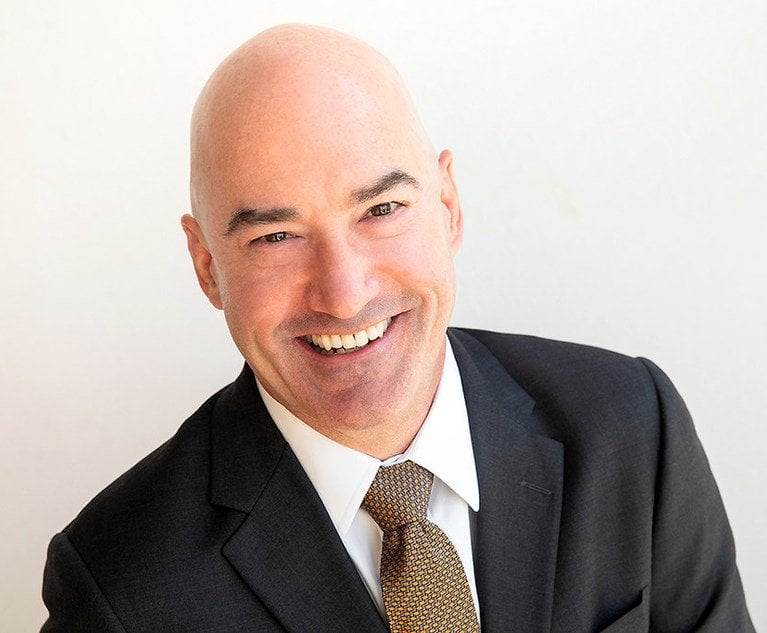New York Law Journal
Implications of SCOTUS Expert Intent Ruling for the White-Collar Bar
New York Law Journal
Sanctions for Spoliation of Evidence in Matrimonial Actions
New York Law Journal
Dealing with 'Diaz': How Defendants Can Combat and Use Expert Testimony Regarding Group Mental State
Legaltech News
Deepfakes in Legal Proceedings: A Strategic Framework for Collaborative Solutions
New York Law Journal
The Supreme Court Malicious Prosecution Decision
New York Law Journal
Texas Lawyer
Demonstrative Evidence: Seeing Really Is Believing
The Recorder
Legaltech News
Deepfakes on Trial: Can the Law Keep Up With Faked Reality?
New York Law Journal
Defending Police Officers in Wrongful Conviction Cases
TRENDING STORIES

- ALM Market Analysis Report Series: Toronto and Frankfurt Showcase Similar Global Appeal to U.S. Law Firms
- Big Law Leaders Get Real on Business Impact of Election Results
- Rising Costs Could Squeeze Margins, but Big Law on Pace to Outperform Expectations in 2024
- The Year of Rethinking Partner Comp: How Pay, Tiers and Spreads Have Evolved
Featured Firms
Law Offices of Gary Martin Hays & Associates, P.C.
(470) 294-1674
Law Offices of Mark E. Salomone
(857) 444-6468
Smith & Hassler
(713) 739-1250
More from ALM
- Legal Speak at General Counsel Conference East 2024: Julie Cantor, Associate General Counsel at Studs, Inc. 1 minute read
- Legal Speak at General Counsel Conference East 2024: Chris Correnti, President & CEO & General Counsel AGC America, Inc. 1 minute read
- Legal Speak at General Counsel Conference East 2024: Marc Mandel, Senior Vice President & General Counsel at EXOS 1 minute read
Resources

Yearly Roundup: Strategic Insights for Law Firm Decision Making
Brought to you by CARET Legal
Download Now

Lex Machina Contracts: Commercial Litigation Report 2024
Brought to you by LexisNexis®
Download Now

White Collar Investigation Practice: Global Expertise in Complex Investigations
Brought to you by HaystackID
Download Now

Criminal Division's Evaluation of Corporate Compliance Programs: September 2024 Updates Review
Brought to you by NAVEX Global
Download Now













